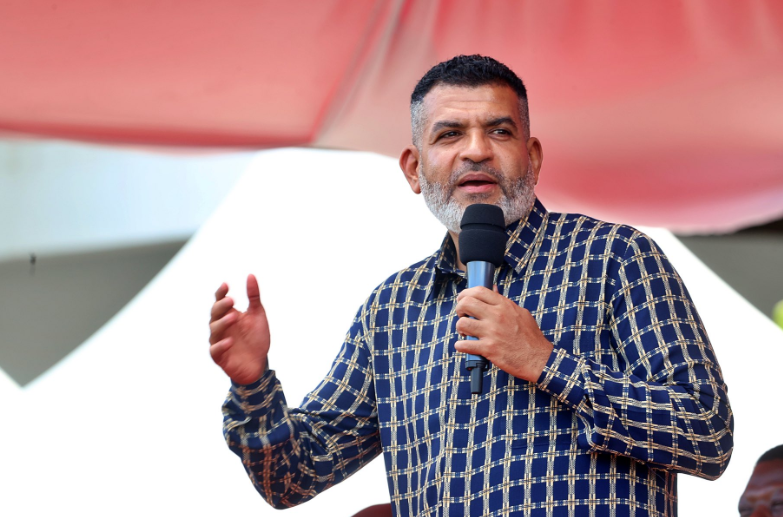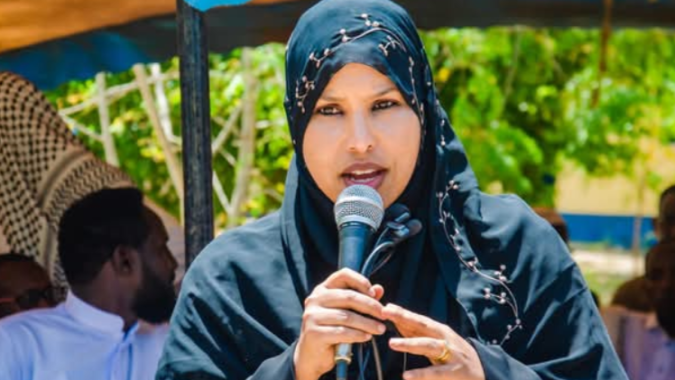Unique circumstances under which general election can be postponed in Kenya
Regular elections are a crucial component of democratic practices in developed democracies all over the world.
Kenyans are preparing to go to the poll in August 2022, the 12th general election to be conducted in Kenya since the country attained independence in 1963.

Since the outbreak of the Covid-19 pandemic in Africa in 2020, there has been a debate on whether it’s possible to postpone a general election.
The debate was triggered by an advisory issued by the Africa Court on People and Human Rights that countries can decide to postpone polls due to the pandemic.
Also, a judgement by the High Court that declared an attempt to amend the constitution through the Building Bridges Initiative (BBI) null and void ignited a similar debate last year.
Central Organisation of Trade Union (COTU) secretary-general Francis Atwoli led calls to postpone the elections slated for August 9 by a year, attracting condemnation from rival camps.
Atwoli, an ardent supporter of Azimio One Kenya coalition presidential candidate Raila Odinga, suggested the polls be delayed to allow the BBI proponents to re-organize themselves.
“If they (Court of Appeal) don’t give us a ruling we will move to the Supreme Court and if we still don’t get it we will have to start afresh and we will appeal through our parliamentarians to extend the elections by even one year until we get BBI,” Atwoli said.

He insisted that the country was not ready for an election.
“…If there will be no BBI we will look into an issue of making sure we have BBI before we go for the elections. We want peace in this country as workers. After every five years, the recipient of problems is workers… We will appeal to Kenyans to appeal to Members of Parliament if there is no BBI we will postpone elections until we get BBI. If there will be no BBI there will be no elections. That one I can tell you for free,” Atwoli added.
The initiative that was spearheaded by President Uhuru Kenyatta was finally dealt a death blow by the Supreme Court on March 31, 2022. A seven-judge bench upheld a ruling by the lower court that the Head of State initiated the changes through a constitutional provision reserved for ‘Wanjiku’ – ordinary citizens.
Amid calls to postpone polls, a section of the political class led by Deputy President William Ruto, Raila’s main rival in the August presidential election, wondered if it was wise to postpone the crucial exercise to ‘satisfy’ the elite.
But is it possible to postpone a general election in Kenya?
The 2010 Constitution stipulates that a general election ‘shall be held on the second Tuesday in August in every fifth year’.
However, the law also envisages unique circumstances under which it may be impossible to conduct universal suffrage.
Chapter Seven Article 102(2) provides that when the country is at war, Parliament may postpone the polls by a period not exceeding six months at a time.

The resolution, however, must be supported in each House (National Assembly and Senate) by at least two-thirds of all the members.
Even then, Article 102(3) stipulates that Parliament’s term shall not be extended under clause (2) for a total of more than 12 months.
Pandemics during elections
Some lawyers opine that pandemics such as Covid-19 may lead to the postponement of elections.
“It is debatable whether Covid-19 is a natural disaster. To that extent, you can postpone elections for six months but you must have the consensus of both Houses with at least two-thirds of the members,” lawyer Duncan Okatch told The Standard in an interview last year.










